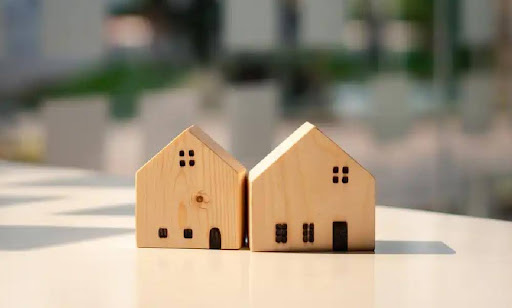Buying a home is a significant financial investment that requires careful planning and consideration. In addition to the purchase price, there are several hidden costs associated with buying a home that you need to budget for. Let’s delve deeper into these costs to help you make a more informed decision:
Closing Costs: Closing costs are fees paid at the closing of a real estate transaction. They typically range from 2% to 5% of the purchase price and include expenses such as loan origination fees, attorney fees, appraisal fees, title insurance, apartment for sale, in chennai, and escrow fees. It’s important to carefully review the closing disclosure statement provided by your lender to understand the breakdown of these costs.
Property Taxes: Property taxes are a recurring expense that you’ll need to budget for as a homeowner. The amount of property tax you’ll pay depends on the assessed value of your property and the local tax rate. It’s important to factor in potential increases in property taxes when budgeting for your home purchase.
Homeowners Insurance: Lenders require homeowners insurance to protect their investment in your home. The cost of homeowners insurance can vary based on factors such as the location of your home, its age, and the coverage limits you choose. It’s important to shop around for insurance quotes to find the best coverage at the most competitive rate.
Home Maintenance and Repairs: Homeownership comes with ongoing maintenance and repair costs. You’ll need to budget for expenses such as lawn care, HVAC servicing, plumbing repairs, and roof maintenance. It’s a good idea to set aside a portion of your monthly budget for these expenses to avoid financial strain when repairs are needed.
Homeowners Association (HOA) Fees: If your home is located in a community with a homeowners association, you’ll be required to pay HOA fees. These fees cover the cost of maintaining common areas, such as landscaping, and may also include amenities such as a pool or clubhouse. It’s important to review the HOA rules and fees before buying a home to ensure they fit within your budget.
Utilities: Utility costs can vary significantly depending on the size and location of your home. You’ll need to budget for expenses such as electricity, gas, water, and trash removal. Consider energy-efficient upgrades to your home, such as installing LED light bulbs or a programmable thermostat, to reduce your utility bills.
Moving Costs: Moving can be expensive, especially if you’re relocating a long distance. You’ll need to budget for expenses such as hiring movers, renting a moving truck, and purchasing packing supplies. If you’re moving from a rental property, you may also need to budget for cleaning fees or penalties for breaking your lease early.
Furniture and Appliances: When you move into a new home, you may need to purchase new furniture and appliances to furnish it. These costs can add up quickly, so it’s important to budget accordingly. Consider shopping for gently used furniture or appliances to save money.
Home Renovations: You may want to make renovations or updates to your new home to make it more comfortable or to increase its value. Budgeting for these projects can help you avoid financial strain down the road. Consider prioritizing renovations based on their impact on your home’s value and your budget.
Contingency Fund: Unexpected expenses can arise when buying an apartment in chennai, so it’s important to have a contingency fund. This fund can help cover costs such as repairs that weren’t identified during the inspection or unexpected expenses related to the closing process. Aim to set aside at least 5% of the purchase price of your home for your contingency fund.
By being aware of these hidden costs and budgeting for them accordingly, you can avoid financial surprises and enjoy a more financially secure home buying experience.


